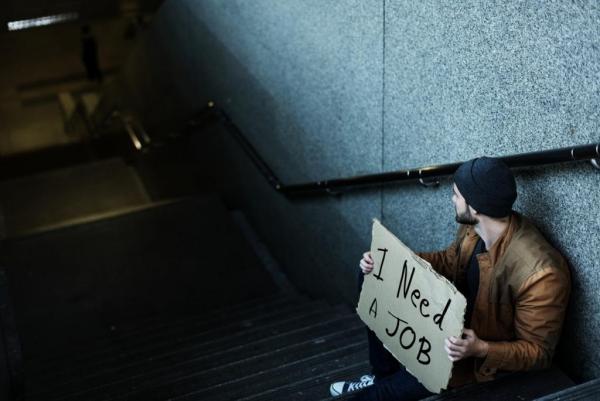By Lyndsey Hall
Unpaid internships are pretty common in industries like fashion, Law and the City; with interns often working long, anti-social hours with no pay and no guarantee of a job at the end of it. But that could all be about to change due to a petition to make unpaid internships illegal.
Many students are still leaving college or university and struggling to find paid work, so it’s unsurprising that they would eventually turn to an unpaid position that will boost their CV, give them essential work experience, and could potentially lead to a full time, paid role. But some businesses are relying on these young and naïve interns for work that should be done by a salaried employee. Most unpaid internships are illegal, but with many unemployed people afraid they will never find a job, and some businesses happy to abuse the system, we’re still a long way from banning unpaid work of any kind.
“It’s quite wrong for organisations of whatever kind to exploit the goodwill of young people.” Nick Boles, MP for Grantham and Stamford
According to the Telegraph, “Employment legislation plainly states that anyone required to work for a minimum number of hours, who is set tasks and who adds value to a business, is classed as a worker and consequently is entitled to the national minimum wage. This applies to all businesses, regardless of size or profits, excluding charities.”
The only exceptions to the rule are charity volunteers, and students whose work counts as a credit towards their course. But even this is questionable in the eyes of some. Organisations like Intern Aware and Graduate Fog have been campaigning against unpaid internships and attempting to educate graduates and young people about minimum wage law. They have convinced several job website, including Monster and Totaljobs to remove any unpaid listings and support the campaign for banning unpaid internships.
A report by the Social Mobility Watchdog has pushed for a total ban on all unpaid internships after the General Election in May 2015. However, former Labour Cabinet minister Alan Milburn, who chairs the Social Mobility and Child Poverty Commission, has made a statement recommending the abolishment of unpaid internships by 2020. While this is a huge step forward, it is still a 5 year period in which thousands of graduates and young people will be forced to work for no pay, and thousands more will struggle to get into the job market because they can’t afford to work for free.
Unemployment may have fallen below 2 million for the first time since the collapse of Lehman Brothers in 2008 and the start of the recession, but many graduates are still finding it difficult to find a job due to a perceived lack of experience. Many companies claim that unpaid internships offer ‘invaluable workplace experience’ and that this is worth more than any salary, but it is damaging to the job market and the economy to perpetuate the myth that unpaid work benefits everyone.
One of the biggest proposals in the report was the introduction of a ‘four-week rule’; this would put the onus on the employer to prove that an ‘intern’ who had been working for the company for longer than 4 weeks was not in fact a ‘worker’, and did not deserve minimum wage. Currently, the responsibility is still with the employee to prove that they are a ‘worker’ and should be paid as such. This would be a significant change, and a show support for unpaid workers and the campaign for minimum wage.
According to Graduate Fog founder Tanya de Grunwald, there are 3 things that the government must do NOW: “One, enforce the existing minimum wage law (which should cover most interns – the only aspect that needs tightening is the loophole about charity interns). Two, change the reporting system so that interns can claim their unpaid wages anonymously, anyone can report an unpaid internship advert and push HMRC’s team to be fully transparent about the results of every investigation. And three, identify those in a position to inform businesses and young people about the law on interns – and pressure them to do their job.”
According to the Guardian, over 25% of employers still offer unpaid internships, creating a huge barrier to young people already living in poverty. MP Nick Boles has commented on the report, saying that, “It’s very easy to say they should be banned, but how do you enforce that? Would you just drive this problem underground, with companies renaming work experience or saying their interns are something else? The strongest way to stop companies is to make them recognise it’s slightly shameful to do it in the first place.”
What do you think about the debate over unpaid interns? Did you take on an unpaid internship at the beginning of your career, and looking back, would you do it again? We’d love to hear your opinions on the matter, so leave a Comment or tweet us at @KnowlesWarwick.
If you liked this article, you may also like:
Generation Y: Scrimpers and Savers?



